Home>diy>Building & Construction>What Are The Age Requirements Of Working In Construction
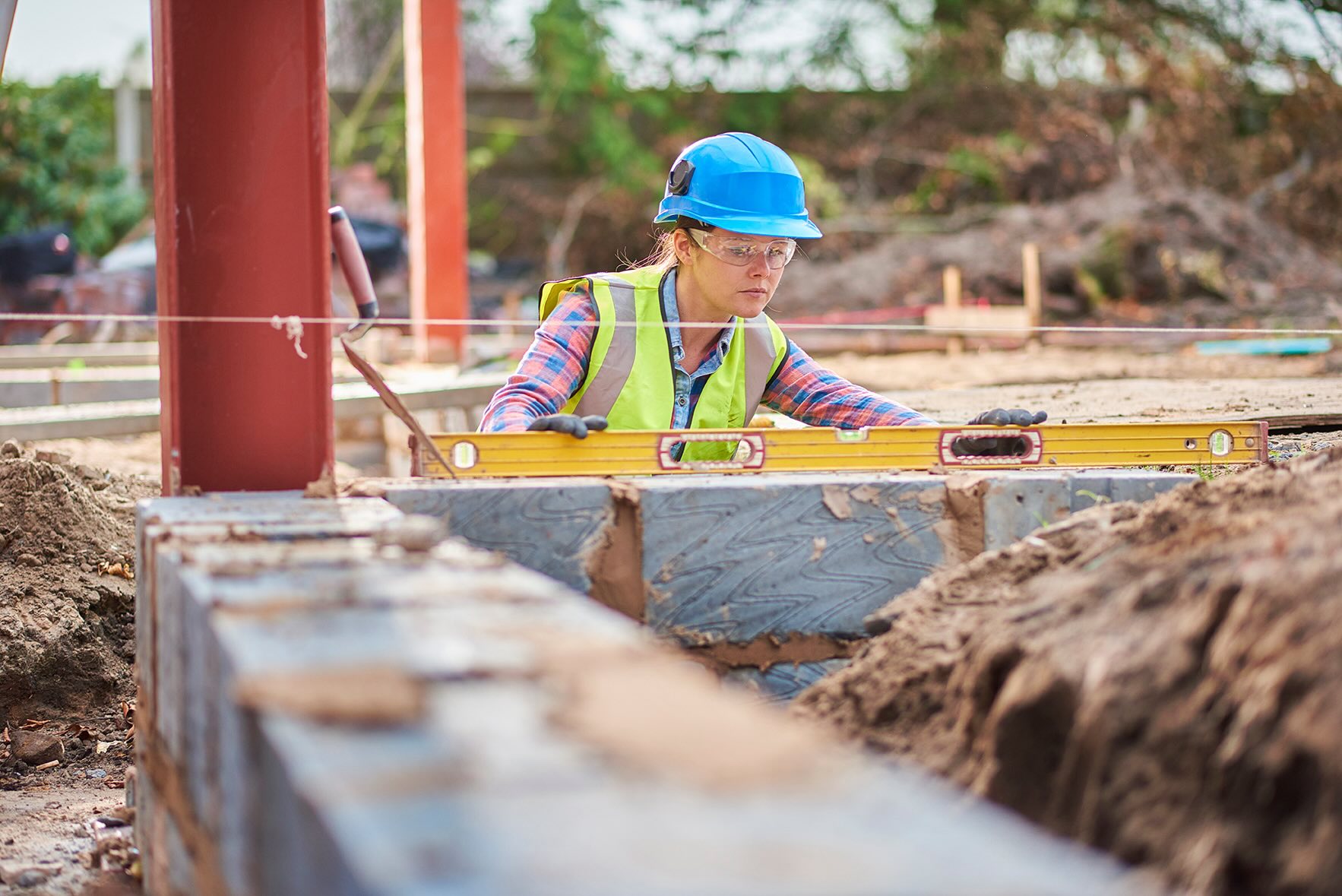

Building & Construction
What Are The Age Requirements Of Working In Construction
Modified: January 24, 2024
Find out the minimum age requirement for employment in the building construction industry. Discover how old you need to be to work in construction.
(Many of the links in this article redirect to a specific reviewed product. Your purchase of these products through affiliate links helps to generate commission for Storables.com, at no extra cost. Learn more)
Introduction
Working in the construction industry can be a rewarding and lucrative career choice. Construction projects require skilled professionals and a dedicated workforce to ensure successful completion. However, there are certain age requirements and restrictions in place to ensure the safety and well-being of workers, especially when it comes to young individuals.
In this article, we will explore the legal age requirements for working in construction, specific age restrictions for different construction jobs, the process of obtaining work permits for minors, safety considerations for young construction workers, and the benefits and challenges of hiring young individuals in the construction industry.
Whether you are a young person interested in pursuing a career in construction or an employer looking to hire young workers, understanding the regulations and considerations surrounding the employment of young individuals in construction is crucial.
Key Takeaways:
- Safety and well-being are paramount in the construction industry, with specific age requirements and restrictions in place to protect young workers. Understanding these regulations is crucial for both employers and young individuals pursuing a career in construction.
- Hiring young construction workers brings energy and adaptability to the job, but also requires addressing challenges such as lack of experience and safety concerns. Employers can cultivate a balanced and diverse workforce by providing proper training, mentorship, and support.
Legal Age Requirements for Construction Work
In most countries, there are specific age requirements for individuals seeking employment in the construction industry. These age requirements are put in place to ensure the safety, health, and overall well-being of young workers.
The legal age to work in construction can vary depending on the country and even the state or province within that country. In many places, the minimum age to work in construction is 18 years old. This age requirement is in place to ensure that individuals are physically and mentally mature enough to handle the demands and potential hazards of working in construction.
However, there are some cases where individuals who are under 18 years old may be allowed to work in construction under certain conditions. These conditions often include obtaining the necessary work permits and adhering to specific guidelines and restrictions.
It is important for both workers and employers to be aware of the legal age requirements for construction work in their respective jurisdictions. Employers should always verify an individual’s age before hiring them for construction work to ensure compliance with the law.
Furthermore, it is important to note that the legal age requirements may also vary depending on the specific type of construction work being performed. Some construction tasks may have additional age restrictions due to their nature or the level of risk involved.
Next, we will explore the age restrictions for specific construction jobs to provide a more comprehensive understanding of the regulations surrounding young workers in the construction industry.
Age Restrictions for Specific Construction Jobs
While the legal age requirement for construction work is generally set at 18 years old, there are specific age restrictions for certain construction jobs. These restrictions are in place to ensure that individuals have the necessary skills, experience, and physical capabilities to perform the tasks safely and effectively.
Below are some examples of common construction jobs and their associated age restrictions:
- Scaffolding: Due to the potential risks involved in working with scaffolding, including working at heights, the minimum age requirement is often set at 18 years old.
- Heavy Equipment Operator: Operating heavy machinery, such as excavators or cranes, requires specialized training and a certain level of maturity. The minimum age for becoming a heavy equipment operator is often set at 18 years old.
- Demolition Work: Demolition work involves handling hazardous materials and using specialized equipment. The minimum age requirement for demolition work is typically 18 years old.
- Electrical Work: Working with electrical systems and wiring requires knowledge and expertise. The minimum age requirement for electrical work is often set at 18 years old.
- Welding: Welding can be a dangerous job if not performed correctly. The minimum age requirement for welding work is often set at 18 years old.
It is essential for individuals seeking employment in specific construction jobs to be aware of these age restrictions. Employers must also ensure that their workers meet the age requirements and have the necessary qualifications for the tasks they are assigned.
It is worth noting that age restrictions can vary depending on jurisdiction and local regulations. It is crucial to consult the specific laws and regulations in your area to determine the age requirements for different construction jobs.
Next, let’s explore the process of obtaining work permits for minors who wish to work in the construction industry.
Obtaining Work Permits for Minors in Construction
For individuals under the legal working age who are interested in gaining work experience in the construction industry, the process of obtaining work permits is essential. Work permits, also known as employment certificates or working papers, are documents issued by government authorities that grant permission for minors to work in specified industries, including construction.
The exact procedures for obtaining work permits for minors in construction can vary depending on the jurisdiction. However, the general process typically involves the following steps:
- Age Verification: The first step in obtaining a work permit is to provide official proof of the minor’s age, such as a birth certificate or passport. This is necessary to ensure that the individual meets the age requirements for working in construction.
- Parental Consent: In most cases, the minor’s parent or guardian will need to give consent for the individual to work in construction. This is usually done by signing a consent form or accompanying the minor to the issuing authority.
- Educational Requirements: In many jurisdictions, work permits for minors are contingent upon meeting certain educational requirements, such as maintaining a minimum grade point average or being enrolled in a school program. Proof of enrollment and academic performance may be required.
- Completion of Application: The minor, along with their parent or guardian, will need to complete an application for the work permit. This typically includes providing personal information, details about the intended employment in construction, and any required documentation.
- Approval and Issuance: Once the application is submitted and reviewed, the issuing authority will determine whether to approve the work permit. If approved, the work permit will be issued to the minor, allowing them to work in construction under certain conditions and time restrictions.
It is important for both minors and employers to adhere to the regulations surrounding work permits for minors in construction. Employers must verify that the minor has a valid work permit before hiring them for construction work, while minors must ensure they are working within the limitations and guidelines set by their work permit.
Consulting the local labor department or relevant government agency is crucial to understand the specific requirements and procedures for obtaining work permits for minors in the construction industry.
In the next section, we will delve into safety considerations for young construction workers.
Safety Considerations for Young Construction Workers
Ensuring the safety and well-being of workers is paramount in the construction industry, and this holds especially true for young construction workers. Employers and supervisors must take extra precautions to protect young workers and create a safe working environment. Here are some important safety considerations for young construction workers:
- Proper Training and Orientation: Young workers should receive comprehensive training and orientation specific to their tasks and the construction site. This includes information on hazard recognition, safety procedures, and proper use of personal protective equipment (PPE).
- Supervision and Mentorship: It is crucial for young workers to be closely supervised by experienced individuals who can guide and mentor them. This helps increase their awareness of potential risks and ensures they follow safety guidelines.
- Limiting Exposure to Hazards: Employers should assess work tasks and take measures to minimize exposure to hazards for young workers. This may include assigning less hazardous tasks, providing additional safety measures, or adjusting work schedules to reduce fatigue.
- Appropriate Personal Protective Equipment (PPE): Young workers should be provided with and trained in the proper use of required PPE, such as hard hats, safety goggles, gloves, and steel-toe boots. Regular inspections of PPE should be conducted to ensure their effectiveness.
- Clear Communication: Employers and supervisors must clearly communicate safety protocols, emergency procedures, and potential hazards to young workers. This includes encouraging open lines of communication for reporting concerns or seeking clarification.
- Ergonomics and Manual Handling: Construction work often involves heavy lifting and repetitive tasks, which can lead to musculoskeletal injuries. Employers should educate young workers on proper lifting techniques, provide equipment to assist with manual handling, and encourage regular breaks to minimize fatigue.
- Emergency Preparedness: Young workers should be trained in emergency response procedures, including evacuation plans, first aid, and the location of safety equipment. Regular drills and updates on emergency protocols are important to ensure they are prepared for any unforeseen situation.
By implementing these safety considerations, employers can create a safe and supportive environment for young workers in the construction industry. It is crucial to promote a strong safety culture and encourage open communication to address any safety concerns promptly.
In the next section, we will discuss the benefits and challenges of hiring young individuals in the construction industry.
In the United States, the minimum age to work in construction is typically 18 years old. However, some states may allow 16 or 17-year-olds to work in certain construction jobs with restrictions. Always check local labor laws for specific regulations.
Benefits and Challenges of Hiring Young Construction Workers
When it comes to the construction industry, hiring young workers can present both benefits and challenges. Understanding these factors can help employers make informed decisions and create a balanced workforce. Here are some key benefits and challenges of hiring young construction workers:
Benefits:
- Energy and Enthusiasm: Young workers often bring an abundance of energy and enthusiasm to the job. Their eagerness to learn and grow can inject a fresh perspective into the workplace.
- Adaptability and Technological Savviness: Growing up in the digital age, young workers are generally quick to adapt to new technologies and are comfortable using tools and software that may be prevalent in the construction industry.
- Lower Labor Costs: Hiring young workers at the entry level can be more cost-effective for employers. Their wages may be lower compared to experienced workers, allowing businesses to invest in training and development.
- Long-Term Loyalty and Retention: When properly mentored and supported, young workers can develop a sense of loyalty to their employers, leading to long-term commitment and lower turnover rates.
Challenges:
- Lack of Experience: Young workers may lack industry experience, which can result in a learning curve and require additional training and supervision.
- Safety Concerns: Due to their limited exposure to the risks and hazards of the construction industry, young workers may require extra attention to ensure their safety.
- Communication and Interpersonal Skills: Developing effective communication and interpersonal skills can be a challenge for young workers. Employers may need to provide guidance and training in these areas to foster smooth collaboration.
- Physical Limitations: Young workers may not possess the same physical strength and endurance as their older counterparts, which could impact their ability to perform certain tasks.
Addressing these challenges requires a proactive approach from employers. Comprehensive training programs, mentorship opportunities, and clear communication channels can help young workers overcome these obstacles and thrive in the construction industry.
Ultimately, harnessing the potential of young construction workers while taking into account their unique needs and considerations can contribute to a dynamic and diverse workforce.
As we conclude, it is important for both employers and young workers to prioritize safety, continuous learning, and open communication to create a positive and rewarding working environment in the construction industry.
Conclusion
Working in the construction industry can be a fulfilling and promising career path. However, it is crucial to understand the legal age requirements, age restrictions for specific construction jobs, and the process of obtaining work permits for minors in construction.
Young construction workers bring energy, adaptability, and technological savviness to the job. They can be valuable additions to any construction team, contributing fresh perspectives and long-term loyalty. However, challenges such as lack of experience, safety concerns, and the need for additional training and guidance should be addressed.
Creating a safe and inclusive work environment for young construction workers is of utmost importance. This involves providing proper training, supervision, and mentorship. Employers must prioritize communication, safety protocols, and the well-being of young workers to ensure their success and mitigate potential risks.
By understanding the benefits and challenges associated with hiring young construction workers, employers can make informed decisions to cultivate a balanced and diverse workforce. With the right support and proper guidance, young individuals can gain invaluable experience in the construction industry and contribute to its growth.
In summary, the construction industry offers promising opportunities for young workers. By adhering to legal requirements, ensuring safety, and nurturing their development, we can build a strong foundation for the future of construction and create a thriving and inclusive industry for all.
Frequently Asked Questions about What Are The Age Requirements Of Working In Construction
Was this page helpful?
At Storables.com, we guarantee accurate and reliable information. Our content, validated by Expert Board Contributors, is crafted following stringent Editorial Policies. We're committed to providing you with well-researched, expert-backed insights for all your informational needs.

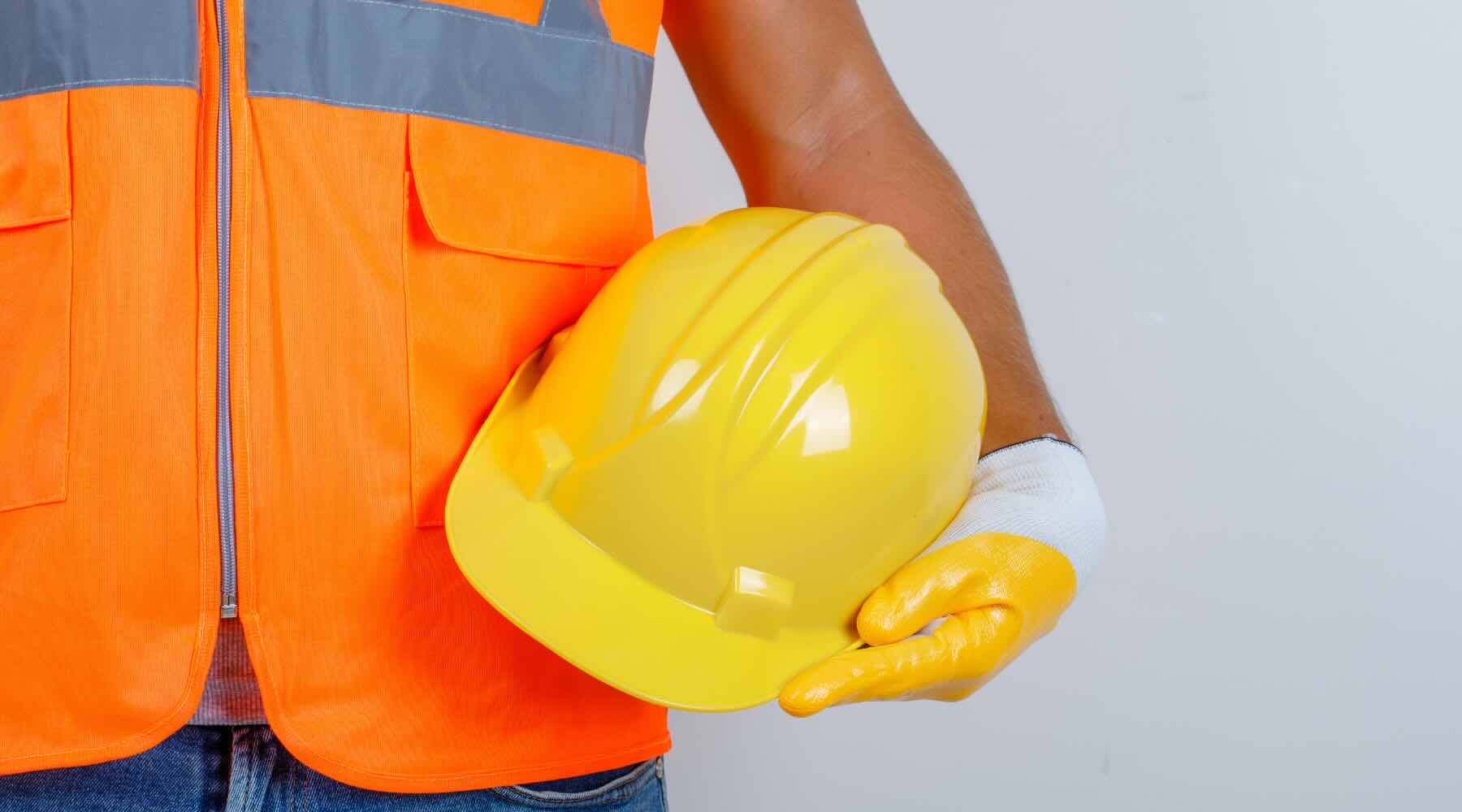


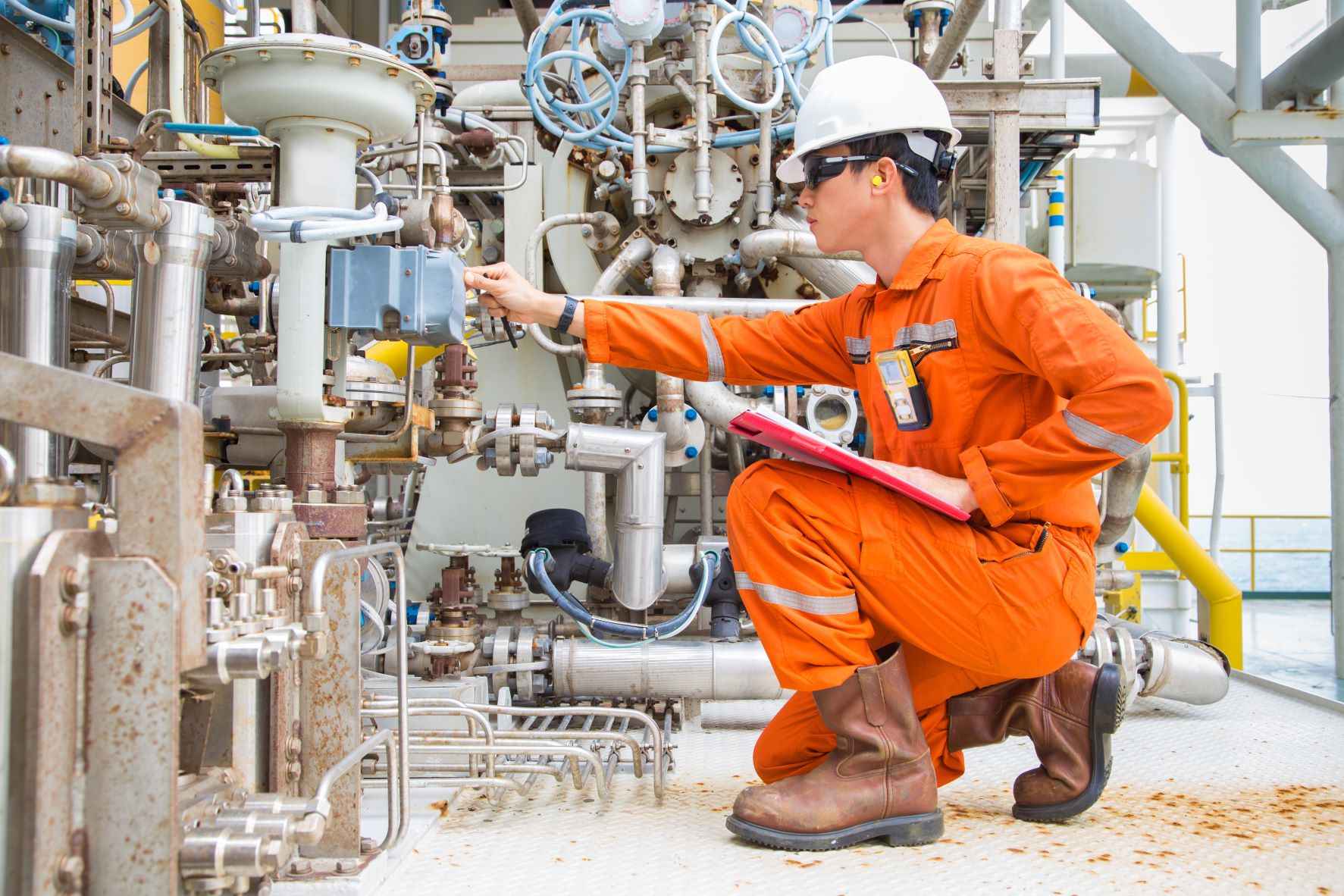



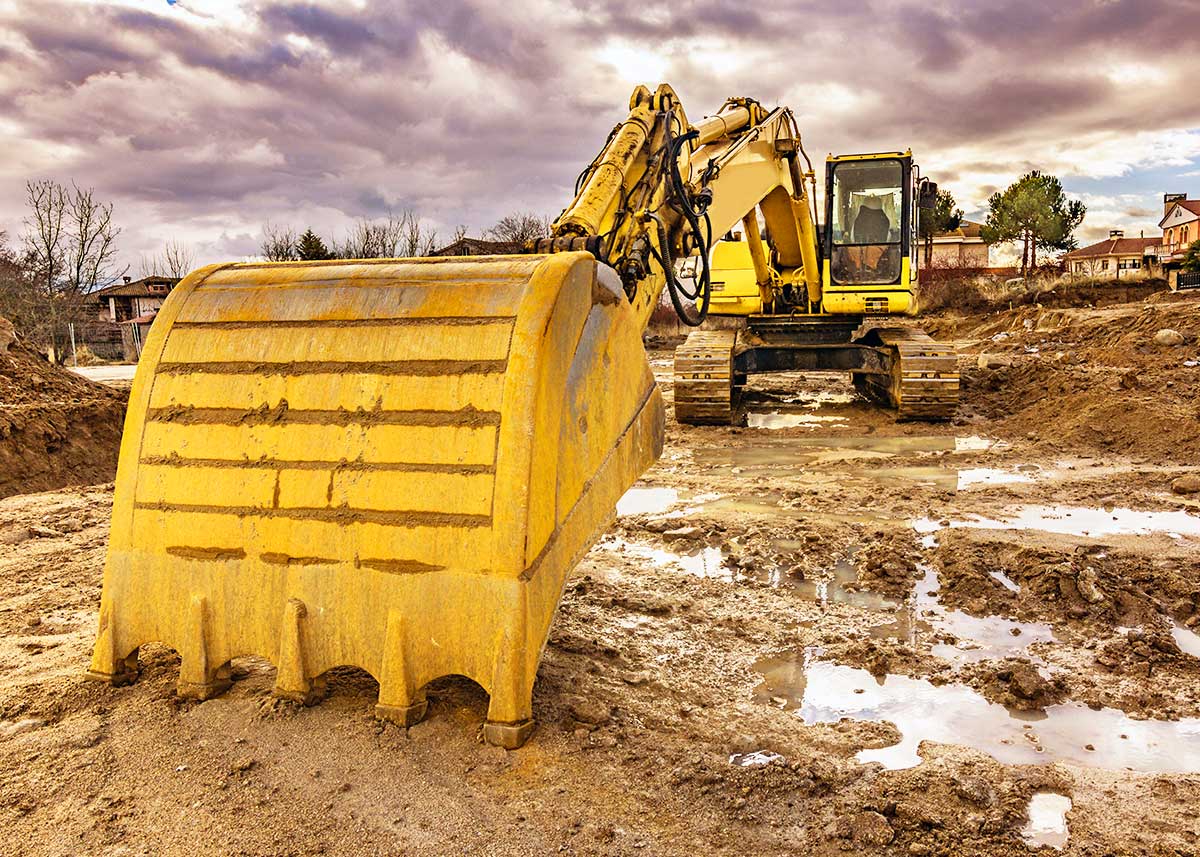
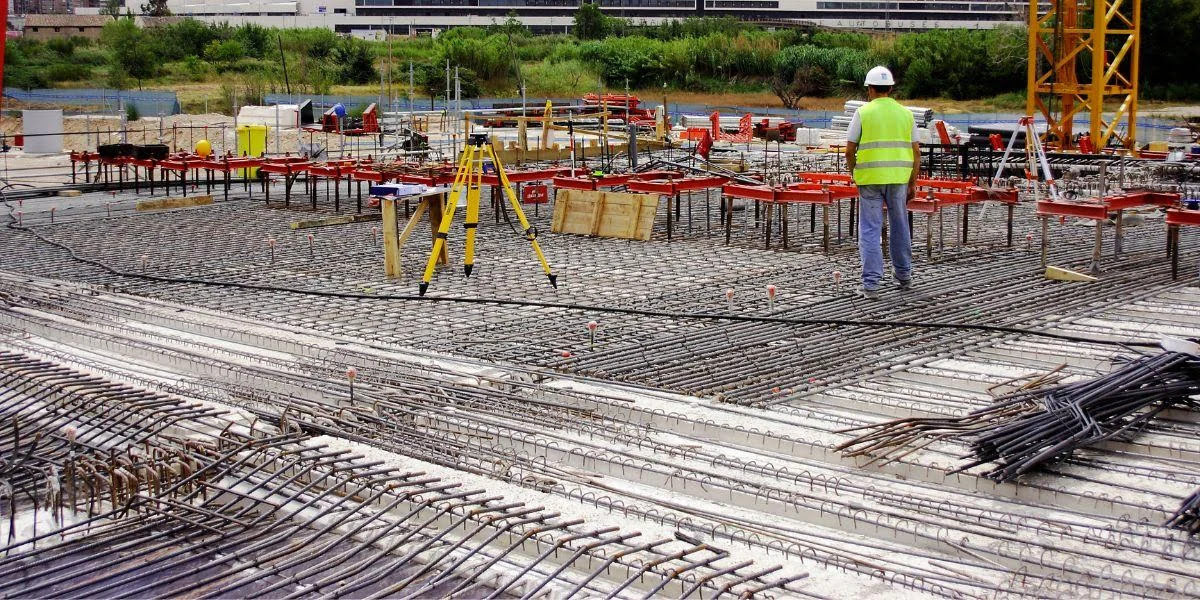
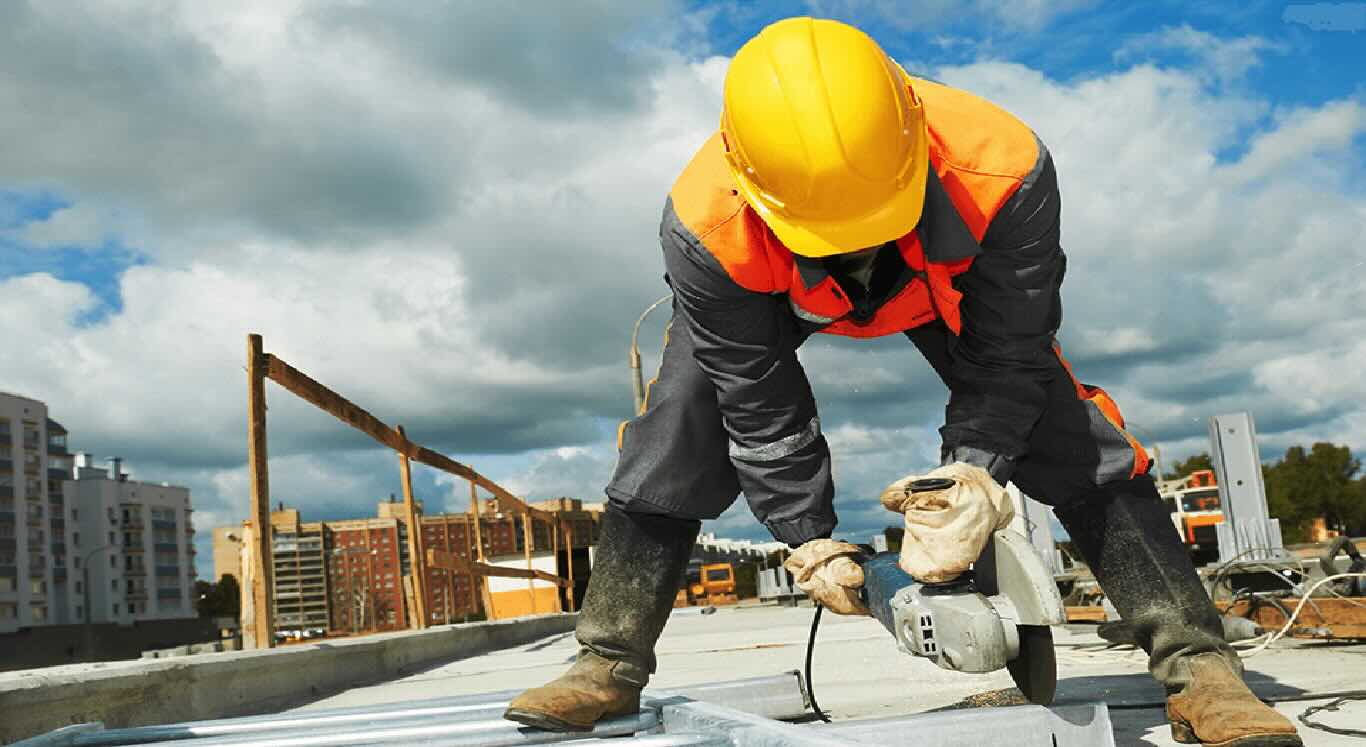
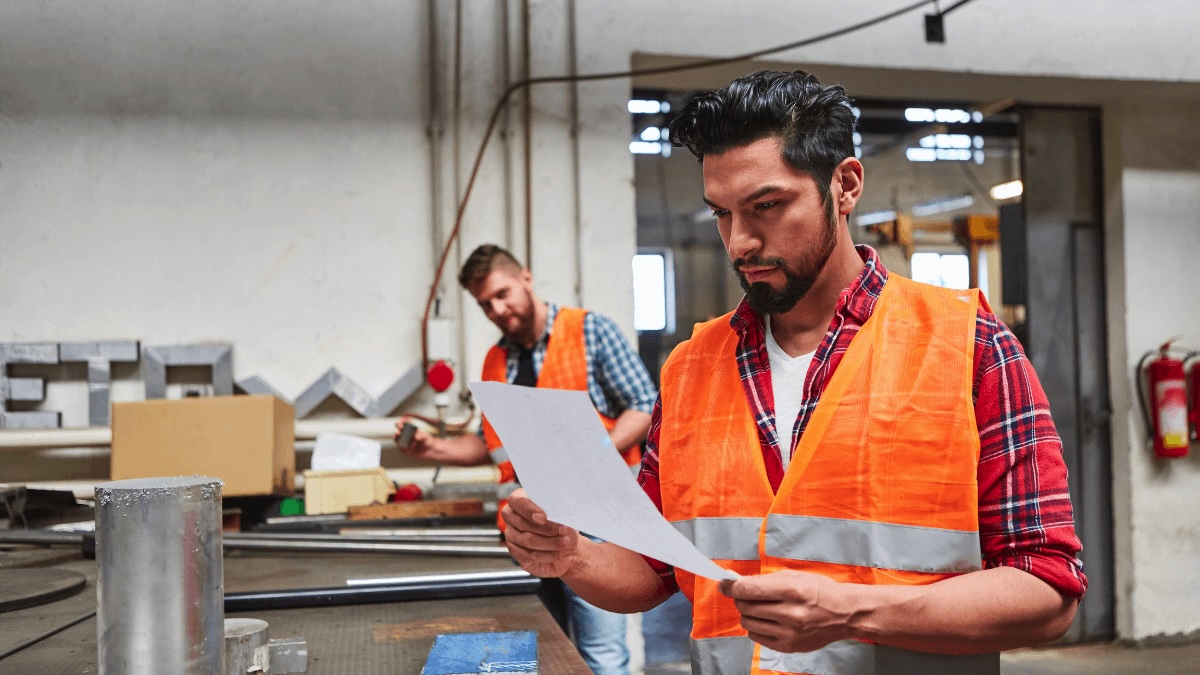
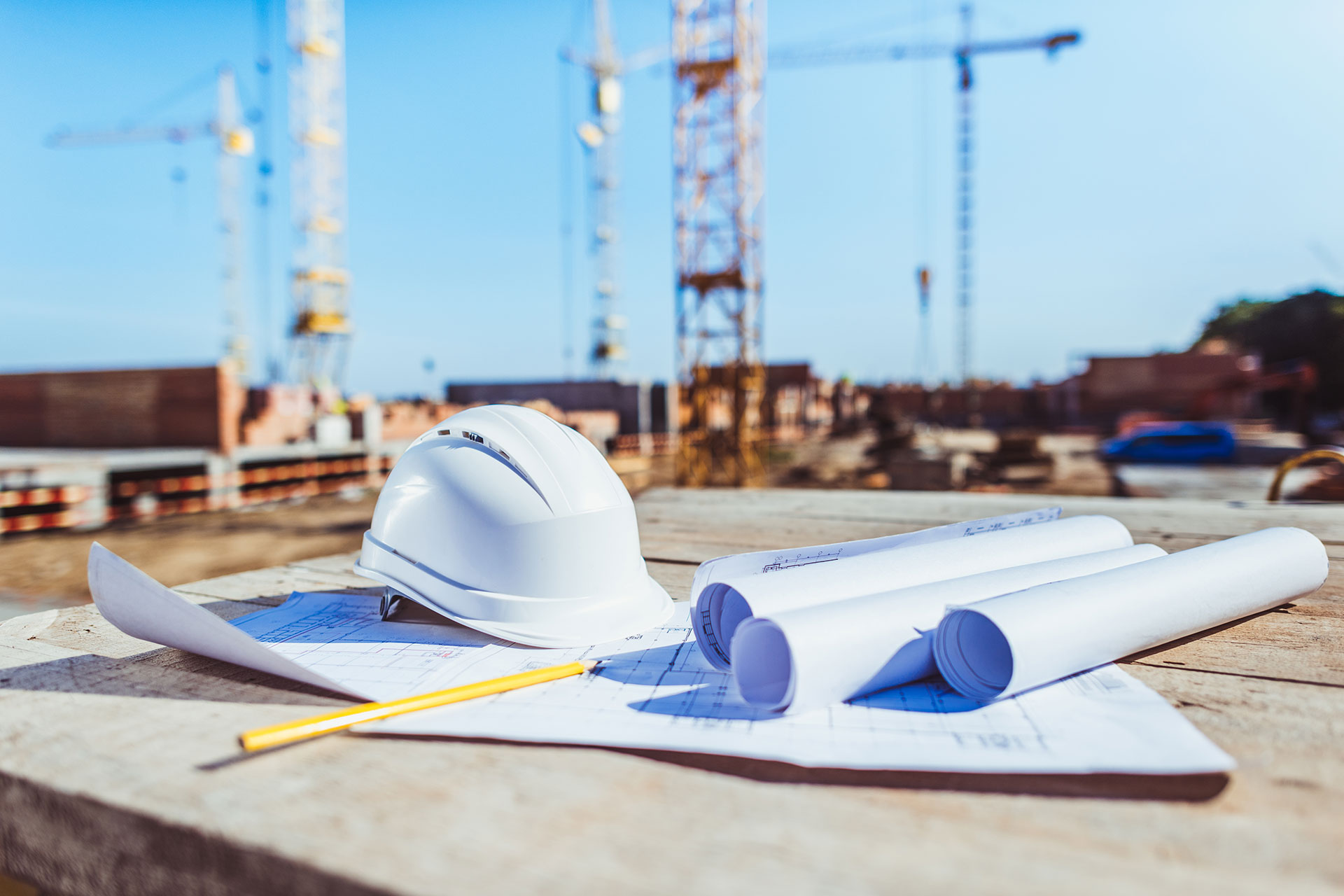


0 thoughts on “What Are The Age Requirements Of Working In Construction”